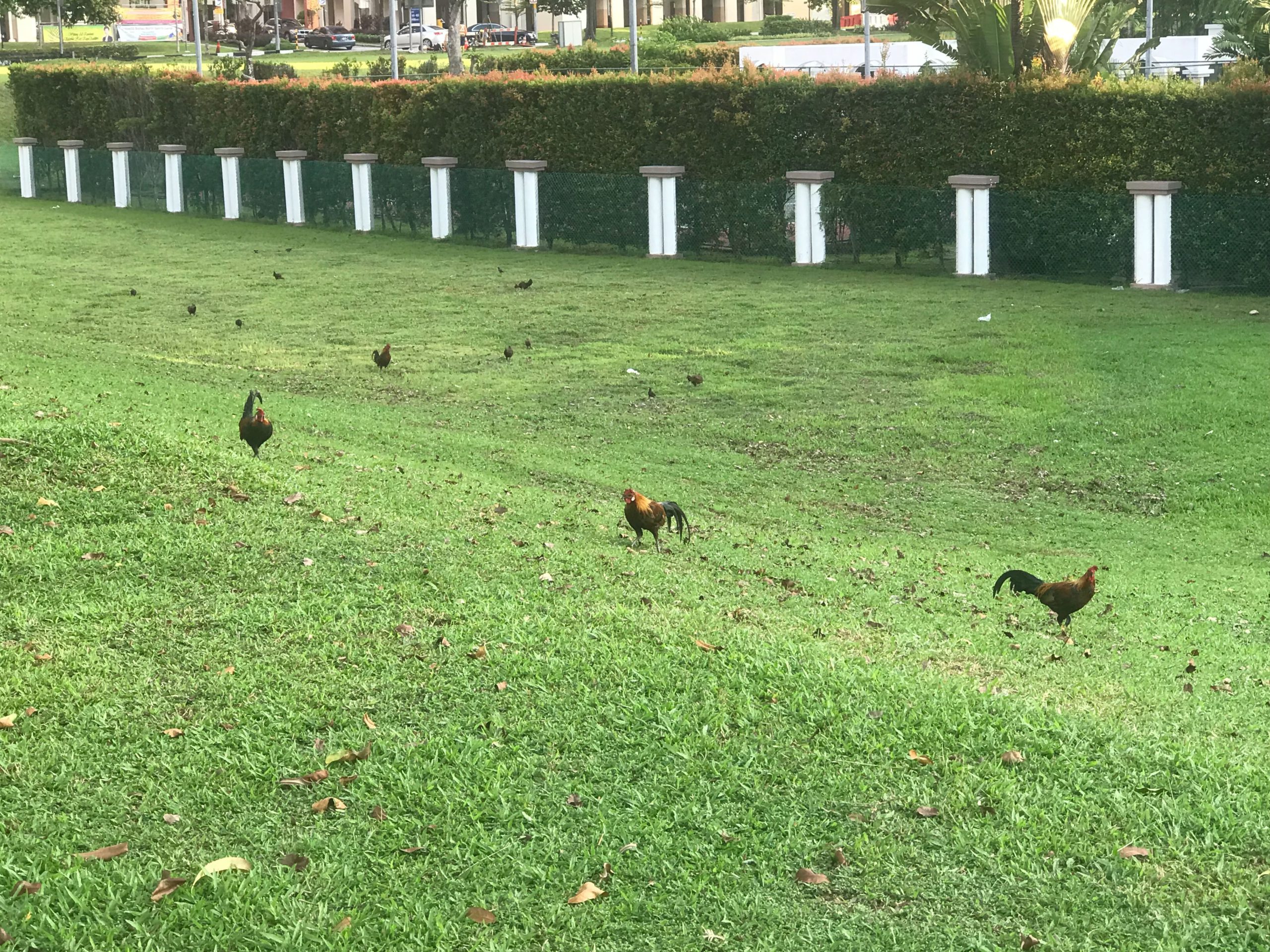Government Control Grows as More Websites Must Get Onerous Licenses
 (Bangkok, October 16, 2014) – The government of Singapore’s regulatory actions against two prominent online news websites is a serious setback for freedom of expression on the Internet, Human Rights Watch said today.
(Bangkok, October 16, 2014) – The government of Singapore’s regulatory actions against two prominent online news websites is a serious setback for freedom of expression on the Internet, Human Rights Watch said today.
The Media Development Authority (MDA) ordered The Online Citizen in September 2014 and The Mothership in March to obtain licenses under the Broadcasting Act of 2013 to continue their online publishing. The terms of the license give officials virtually unlimited authority to force the removal of any content that they consider violates broadly defined notions of “the public interest, public order or national harmony” or contains content that “offends against good taste or decency.”
“Tight government control over printed publications, radio, and TV has forced Singaporeans to turn to online media for independent news and analysis – but now even that limited space for expression is under serious threat,” said Phil Robertson, deputy Asia director at Human Rights Watch. “Singapore should stop placing onerous, broad restrictions on news websites and respect that media freedom is a centerpiece of modern, rights-respecting countries.”
The MDA had ordered The Independent Singapore to register in July 2013. Another news website, The Breakfast Network, decided to close its operations when ordered to register in December 2013.
Singapore’s Broadcasting Act requires the registration of any online news website that receives, over a two-month period, an average of at least 50,000 unique visits per month from Singapore Internet addresses and is involved in “the propagation, promotion or discussion of political or religious issues related to Singapore.” Registering websites must provide a 50,000 Singapore dollar (US$40,000) performance bond to guarantee that they will promptly take down content that the MDA designates as inappropriate. The MDA also has the authority to ban outright material advocating same-sex relations, order that such posts be taken down within 24 hours, and demand apologies.
In addition, all licensed sites must abide by Singapore’s Internet Code of Practice, which requires Internet Service Providers (ISP) to filter in order to prevent users of their services from accessing materials on the Internet that the MDA deems “undesirable, harmful or obscene.” Those terms are not defined and are subject to sole interpretation by the MDA.
“Both the definitions and decisions of acceptable content lie with the Singapore government and its dismal record of respecting free expression,” said Robertson. “As more websites are forced to register, the power of the government to control what Singaporeans see on the Internet will grow too.”
Singapore’s government also enforces an onerous requirement on registered news websites, many of which are financially strapped, by preventing them from receiving foreign funds from any entity for any purpose. Officials state that this requirement is to prevent foreign influence or interference in Singapore affairs. As the Ministry of Communications and Information stated in January 2014, “foreign interests [will] not be allowed to control, or worse, manipulate out local media platforms, which are prime vehicles for influence or even subversion.” The practice of attempting to limit foreign influence in Singapore by capping the circulation of foreign newspapers goes back decades.
In the case of TOC Ltd., the parent company of The Online Citizen, the government previously compelled the TOC to register in February 2011 as a political association, so the company is already subject to foreign funding restrictions. However, in the future it will have to supply donor details, names, identification numbers, addresses, and more, which are conditions that could cause unease and help further reduce their existing group of donors. The Mothership, which has operated since August 2013, has also agreed to register and operate under the MDA regulations.
There are increasing concerns that individual blogs in Singapore may also be targeted for regulation, Human Rights Watch said. The MDA has stated that “If they [blogs] take on the nature of news sites, we will take a closer look and evaluate them accordingly.” The Broadcasting Act does not exempt such blogs, and the definition of “Singapore news programs” is extremely broad and includes “any program containing any news, intelligence, report of occurrence, or any matter of public interest, about any social, economic, political, cultural, artistic, sporting, scientific or any other aspect of Singapore.”
In April 2014, Dr. Yaacob Ibrahim, the minister for communications and information, stated that the Broadcast Act would possibly be amended in the future, but did not commit to specific changes or a clear timetable. He did, however, say that the ministry would conduct consultations with “industry partners and the public” before the government proposes amendments.
“Singapore regulators play down Internet registrations while amassing the tools for future censorship of online news sites,” said Robertson. “Sadly, Singapore is going backwards on freedom of expression and the media, and concerned governments should call on Singapore to revise these restrictive provisions.”
For more Human Rights Watch reporting on Singapore, please visit:
www.hrw.org/asia/singapore
Subscribe
Login
1 Comment
Newest






